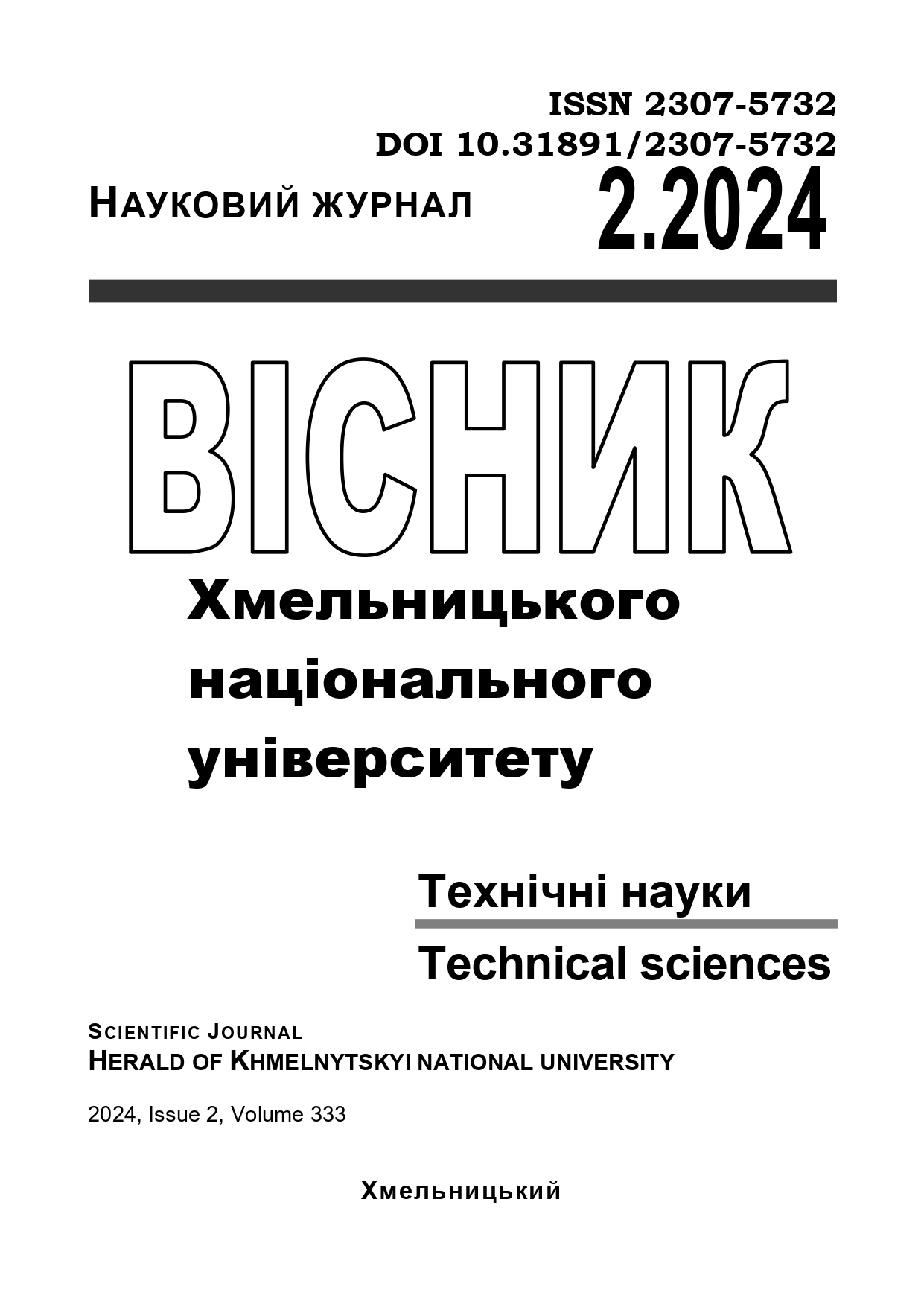ANOMALY DETECTION MODELS OF FOR SENSOR DATA OF OIL AND GAS WELL DRILLING PROCESS UNDER UNCERTAINTY
DOI:
https://doi.org/10.31891/2307-5732-2024-333-2-29Keywords:
data anomalies, machine learning, digital oilfield, uncertainty, anomaly detection algorithms, rules, confidence factorsAbstract
The article presents the issues of research and implementation of algorithmic models for effective detection of anomalies in sensor data related to the process of oil and gas well drilling. Due to the constant rapid development of modern technologiesand increasing requirements for safety and productivity in the production processes of the oil and gas industry, the author of the article considers the possibilities of using advanced data analysis methods such as machine learning and artificial intelligence. The article reviews the main challenges associated with the analysis of sensor data in the context of well drilling and discusses potential approaches to their solution. In particular, the article discusses algorithms for classification, clustering and time series analysis to detect unusual changes in important parameters of the drilling process, such as well pressure, temperature at different depths, drill string rotation speed and other key indicators. Further development and application of such algorithmic models can significantly improve the process of monitoring and controlling drilling, reduce the risk of accidents, and contribute to a more effective response to potential threats to personnel and the environment. In the context of a digital field, various types of sensors are widely used to collect huge amounts of data during the oil and gas well drilling process. This data is transmitted to various systems such as surveillance, monitoring and control systems for the drilling process. In such systems, this data is used to make decisions or predict events in real time. However, the accuracy of these decisions or predictions depends heavily on the reliability of the data coming from the sensors. The effectiveness of decision-making and prediction of drilling dynamics is greatly complicated in the context of possible uncertainty or error in this data. Anomaly detection in sensor data has received considerable attention, as it requires filtering before it can be used. A number of anomaly detection algorithms have been applied to this end, but only a few are able to account for the uncertainties associated with sensor data. Such uncertainties can be related to incompleteness, unknown, blur, imprecision, and ambiguity. This article proposes a new algorithm for detecting anomalies in sensor data of the oil and gas well drilling process based on rules with confidence factors, and also considers the mechanism for building intelligent systems based on rules with confidence factors.

